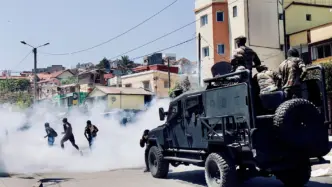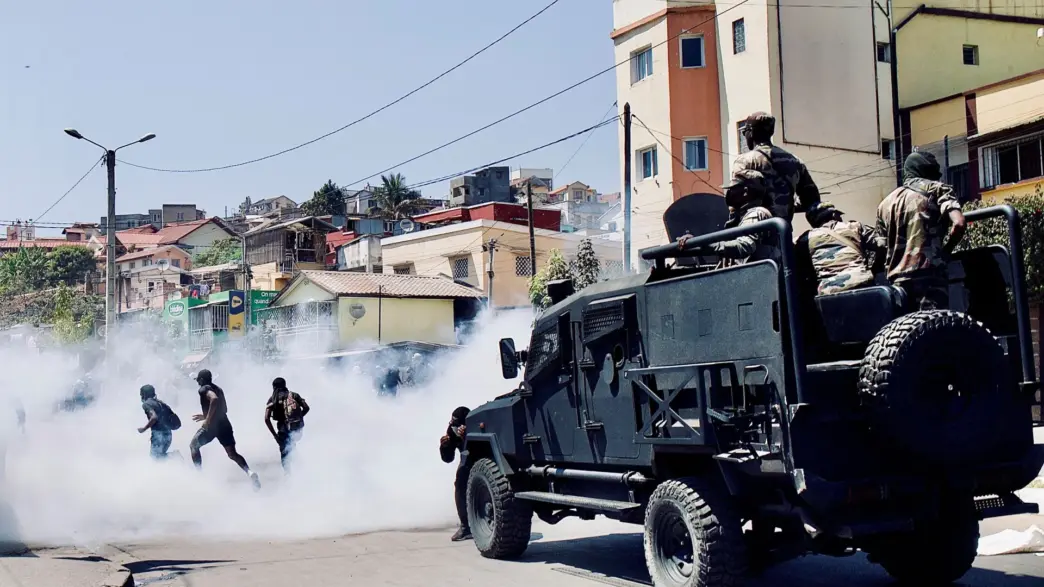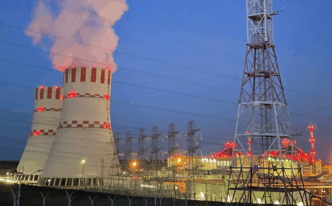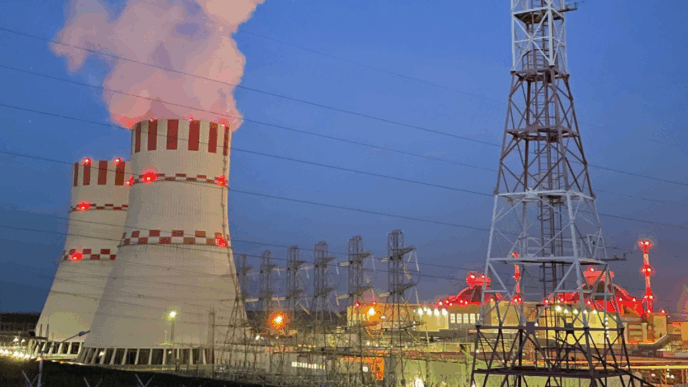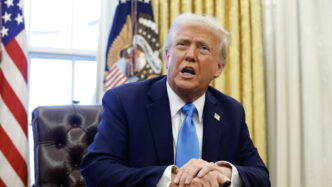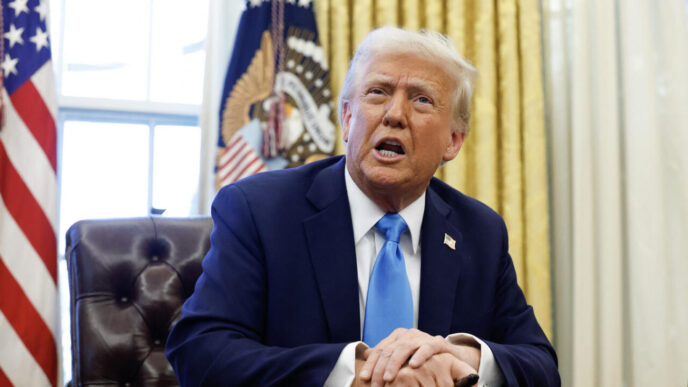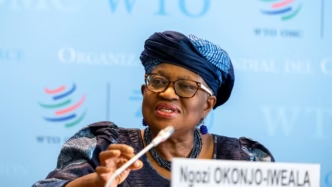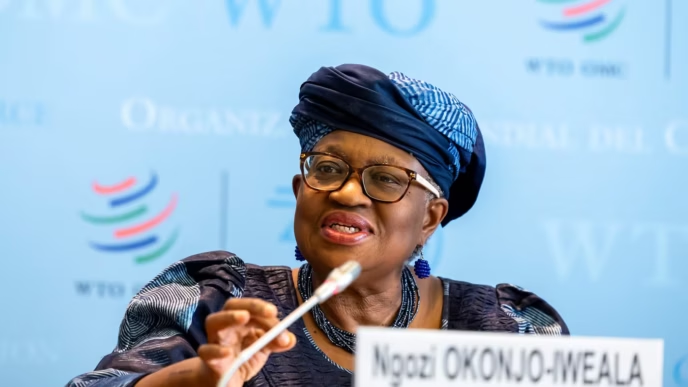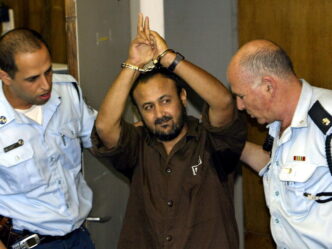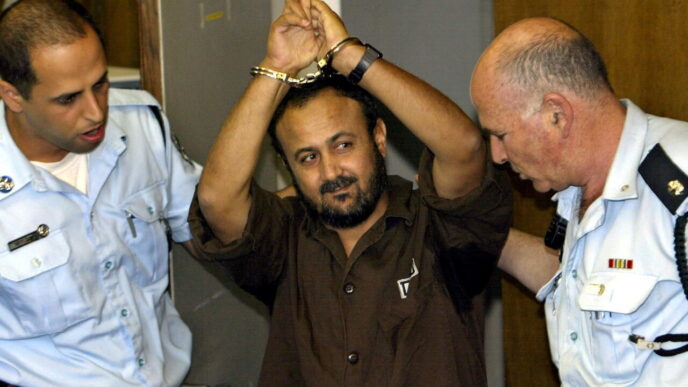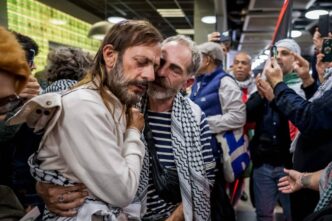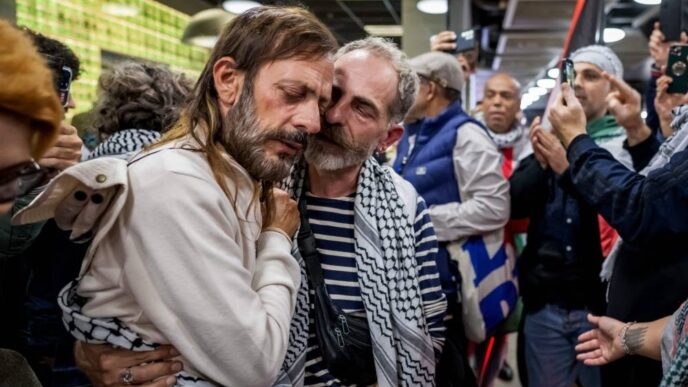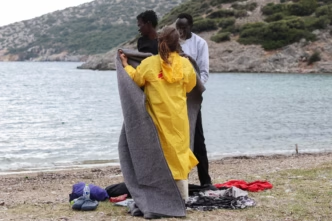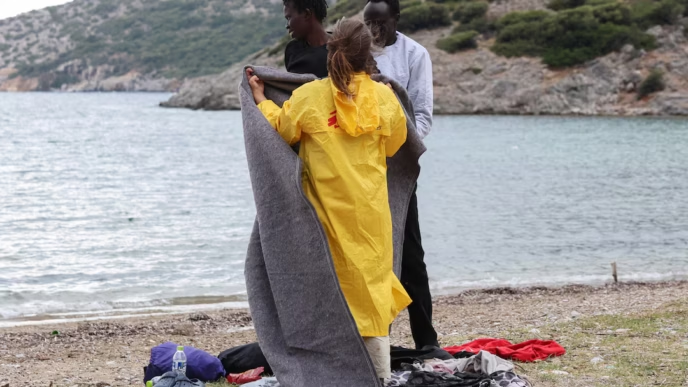The appointment of an army general as Madagascar’s new prime minister has failed to calm public unrest, with protests continuing in the capital as the country faces a threatened national strike.
President Andry Rajoelina named Major General Ruphin Fortunat Dimbisoa Zafisambo late on Monday in an attempt to quell demonstrations that have claimed 22 lives, according to a UN toll disputed by local authorities.
Despite the announcement, around 200 people took to the streets on Tuesday, many expressing scepticism that the change signals a genuine willingness from Rajoelina to address their grievances.
“The president wants to convey that this is military power, and civilians must stay in line,” said Princia Rakotontraibe, a medical intern attending the protest.
Opposition figures also condemned the appointment as an expression of “utter contempt for the struggle of the Malagasy people.”
The unrest began on September 25, sparked by frustration over persistent shortages of electricity and water, and quickly evolved into a wider anti-government movement, at one point demanding Rajoelina’s resignation.

In response, the president dismissed his entire cabinet last week and appointed the first ministers overseeing the armed forces, public security, and the gendarmerie, declaring that the country “no longer needs disruption but peace.”
The Gen Z Mada group, leading a coalition of about 20 organisations, delivered a list of demands to Rajoelina over the weekend, calling for a public apology for the violence against protesters but dropping previous calls for his resignation.
They have given the government until Wednesday night to respond, warning of a national general strike if their demands are ignored.
A public meeting with Rajoelina has been scheduled at the presidential palace to allow citizens to raise questions and voice concerns directly.
Other demands include an overhaul of the Constitutional Court and the dissolution of the Senate, or at least the removal of its president, Richard Ravalomanana, a former police general.
The movement rejected the prime minister’s appointment as a political diversion, insisting that such changes would not address the underlying issues.
Political analysts noted that protesters had shifted focus from calling for the president’s resignation to broader systemic reforms, citing concerns that any abrupt departure of Rajoelina could destabilise the country.
“Changing the president halfway won’t make a difference,” said Rakotontraibe, before tear gas dispersed the crowd.
Madagascar, with nearly three-quarters of its 32 million population living below the poverty line, has a long history of military influence in politics, including Rajoelina’s own rise to interim president in 2009 following a popular uprising.
Experts suggest that the public’s perception of the military is less negative than that of the police, who have been central to controlling protests.
Nevertheless, many citizens remain distrustful. “It’s the same as always,” said protester Daudet Santatriniaina. “I do not trust the military.”


 Trending
Trending 
